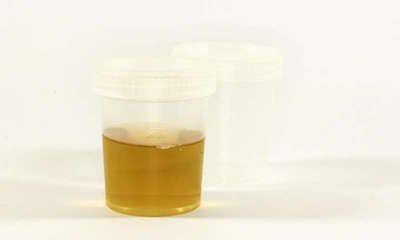Release date: 2017-03-31

One of the biggest challenges in studying Down's syndrome is the lack of a suitable research model. Animal models and cell line models are relatively limited in simulating human diseases, and the results are not well transformed into patient populations. The use of stem cells as a research tool has great advantages and can be taken directly from patients and can be grown into numerous cell types. However, the collection process of stem cells is complicated and invasive, and it is difficult to pass relevant examinations when encountering children or patients with mental retardation.
Now researchers from Case Western Reserve University School of Medicine have developed a new technology that can collect cells directly from urine and induce them into stem cells for Down's syndrome research. They published relevant research results in the international academic journal Stem Cells Translational Medicine.
“We first constructed induced pluripotent stem cells using cells from the urine of patients with Down syndrome. Our approach represents an important advancement in iPSC technology and an important step in the construction of human cell platforms, which can be used in the future. This method screens for new drugs that improve the quality of life of Down's syndrome patients," said author Alberto Costa.
The new technology developed by Costa et al. overcomes the ethical challenge previously required to collect stem cells. The article reads: "Although it is only slightly invasive, there have been some reports that some ethics committees have rejected research proposals for large-scale skin biopsy to study Down's syndrome. There are also some articles pointing out that a considerable number of patients and their families The rejection of stem cell harvesting operations has made it impossible to establish the Down Syndrome iPSC Bank.†This new technology allows researchers to more easily perform stem cell collection for future research.
Stem cells produced by cells in urine appear to be more stable than stem cells induced by skin biopsies. It may be because DNA cells are often damaged by exposure to sunlight . Stem cells produced using this new method do not have this problem and can limit DNA damage. The obtained iPSC cells can be differentiated into a variety of cell types associated with Down's syndrome research, including neurons and heart cells.
Overall, this new model provides an ethical, clinically relevant and highly transformable method for studying human diseases.
Source: Bio Valley
Interventional Accessories,Introducer Sheath,Introducer Sheath Kit,arterial sheath introducer
Anesthesia Medical Co., Ltd. , https://www.honestymed.com